Which Best Describes the Role of the Kidney in Homeostasis
They work with many other organ systems to do this. Removing urea from the blood Which of the following is closely associated with lowering of high body temperature.
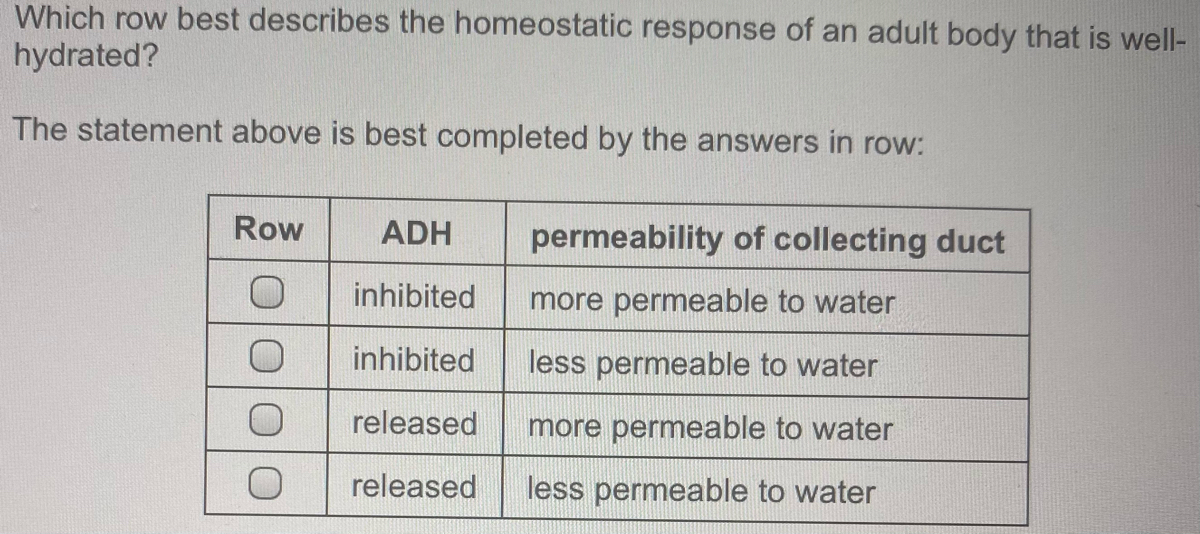
Answered Which Row Best Describes The Bartleby
The kidney maintains homeostasis by regulating water balance waste removal and blood composition and pressure.
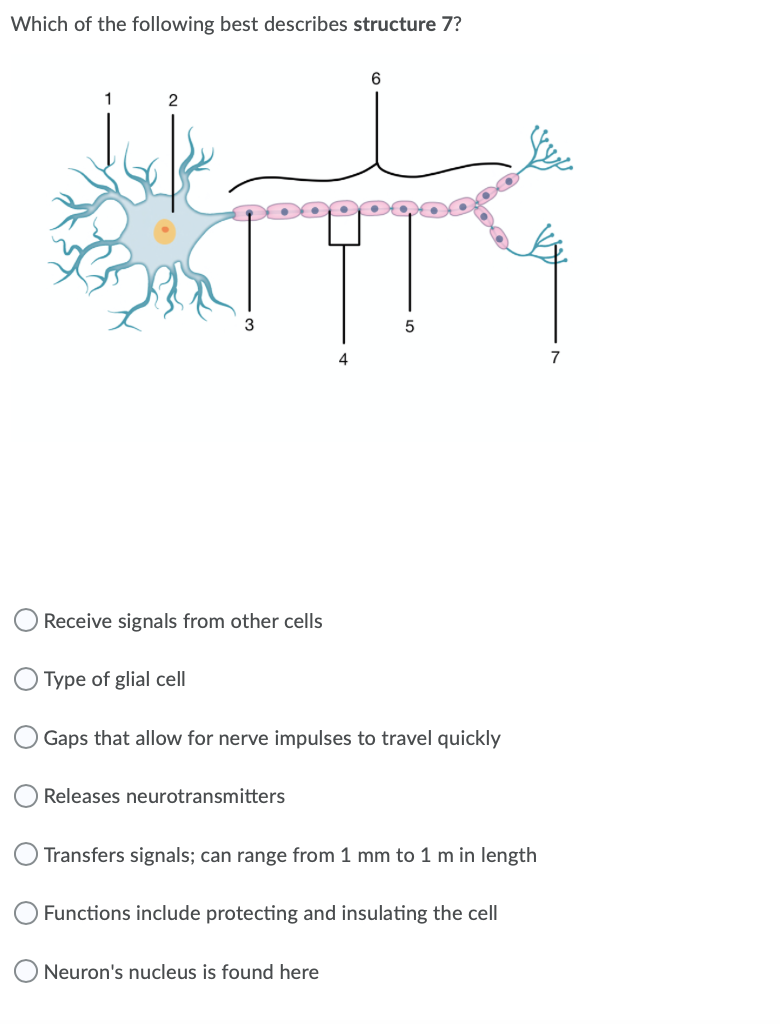
. - Osmoregulation regulation of water and inorganic-ion balance. It produces glucose via gluconeogenesis it filters glucose from the blood and reabsorbs the filtered glucose in the proximal tubule mainly via the sodium-glucose cotransporter-2 SGLT-2. The role of the kidneys in homeostasis Our kidneys regulate the water concentration in our blood and excrete toxic waste.
Storage of urine B. This function of the kidneys has two components. When they fail to work properly dialysis treatment or a transplant is.
Two other systems are needed to control the process of homeostasis. Producing urine at a constant rate C. Storage of urine B.
Homeostasis stops when environments arent changing. Reabsorption of virtually all of the filtered HCO 3 and production of new HCO 3 to replace that consumed by normal or pathologic acids. To maintain the internal environment of the body homeostasis humans use the excretory system and some other organ systems.
Homeostasis stops when external environments change. KIDNEYS ROLE IN HOMEOSTASIS by C J 1. Removal of urea from the blood 3.
The kidneys help maintain homeostasis by regulating the concentration and volume of body fluids. The kidneys remove waste products from metabolism such as urea uric acid and creatinine by producing and secreting urine. Removing urea from the blood D.
While not traditionally discussed the kidneys contributions to maintaining glucose homeostasis are significant and include such functions as release of glucose into the circulation via gluconeogenesis uptake of glucose from the circulation to satisfy their energy needs and reabsorption of glucose at the level of the proximal tubule. Molecular mechanism and role in cellular homeostasis - Molecular mechanism and role in cellular homeostasis. Producing urine at a constant rate C.
Multiple Choice If the bloods concentration of solutes is lower than normal the kidney will put out large volumes of dilute urine and if the bloods concentration of solutes is higher than normal the kidney will put out small volumes of This problem has been solved. Homeostasis halts when internal environments change. Role of kidney in homeostasis Excretion of waste metabolites Regulation of body water Regulation of ionic balance Acid base balance RBC synthesis Activation of vitamin D 2.
They do this by excreting just enough water and inorganic ions to keep the amounts of these substances in the body relatively constant. Storage of urine B. When there is rise in plasma osmolality water is reabsorbed into the blood diluting the plasma and reducing osmolality to normal.
The kidneys dispose of waste by-products of metabolism and hence prevent the build up of toxic products in the body and to regulate the chemical components of the bodys fluids by responding to any imbalances of body fluids. Storage of urine B. Biology Middle School answered expert verified Which of the following describes how kidneys maintain homeostasis on a warm sunny day.
Removing urea from the blood D. Which of the following best describes homeostasis in humans. Maintaining the water content of the blood between narrow limits A.
6When a person moves from a cold room into a hot room the following responses occur. The kidneys role in homeostasis Fluid volume balance ADH- is secreted by the posterior pituitary gland and ADH receptors are found in collecting ducts of kidney tubules. New answers Rating There are no new answers.
Best Diet for Kidney Patients List of Kidney Health Foods - This powerpoint presentation describes about best diet for kidney patients list of kidney health foods. Producing urine at a constant rate C. Which best describes the role of the kidney in homeostasis.
The University of New Mexico explains that the kidneys also play an important role in regulating the bodys pH. The kidney has an important role in glucose homeostasis. Balance the level of fluids and salts in the body.
The kidneys play many vital roles in homeostasis. This requires a balance between the concentrations of acids and bases in the blood. Removal of excess mineral salts from the blood The process of removing waste from the body is called excretion Structure of the Excretory system.
Which best describes the role of the kidney in homeostasis. Control of water content of the blood 2. Help make red blood cells.
You can find more detail about Kid Clear capsules at https. Homeostasis continues when environments change. Producing urine at a constant rate C.
Kidneys play an important role in helping the body maintain homeostasis. The kidneys are the major excretory and osmoregulatory homeostatic organs of the mammalian body. The kidneys play several important roles in maintaining homeostasis including maintaining the proper blood volume and ion balance as well as removing nitrogenous wastes from the blood.
Regulate and produce hormones. Removing urea from the blood. Homeostasis means keeping the internal environment constant The Kidney The Kidneys have three functions in the body.
The kidneys filter all the blood in the body many times each day and produce a total of about 15 liters of urine. In what form is excess glucose stored in human muscles. View the full answer Previous question Next question.
Filter harmful waste products from the blood and drain them out by urine. They have many important functions. For example the amount of H and HCO3- secreted by the kidneys controls the bodys pH.
Acidbase homeostasis and pH regulation are vital in proper physiological functioning of the body. For example they work with the circulatory system to filter blood and with the urinary system to remove wastes. From artery to vein - Aorta Re.
Maintaining the water content of the blood between narrow limits. The kidneys have the predominant role of regulating the systemic HCO 3 concentration and hence the metabolic component of acid-base balance. PH measures Hydrogen ions H in the bodys fluids.
6Which best describes the role of the kidney in homeostasis. By eliminating more solid waste By eliminating less solid waste By decreasing urine output By. Up to 24 cash back Which best describes the role of the kidney in homeostasis.

A P 312 Week 1 2 Flashcards Quizlet

Review Slide Set Unit 1 Lesson 4 The Are Specialized Tubes In The Kidneys In Which Waste Is Collected From The Blood A Nephrons B Enzymes Ppt Download

All Previous Bsc Exam Questions Flashcards Quizlet

Human Endocrine System Endocrine System Nursing Notes Nursing Students

Digestive And Excretory Review Quiz Quizizz
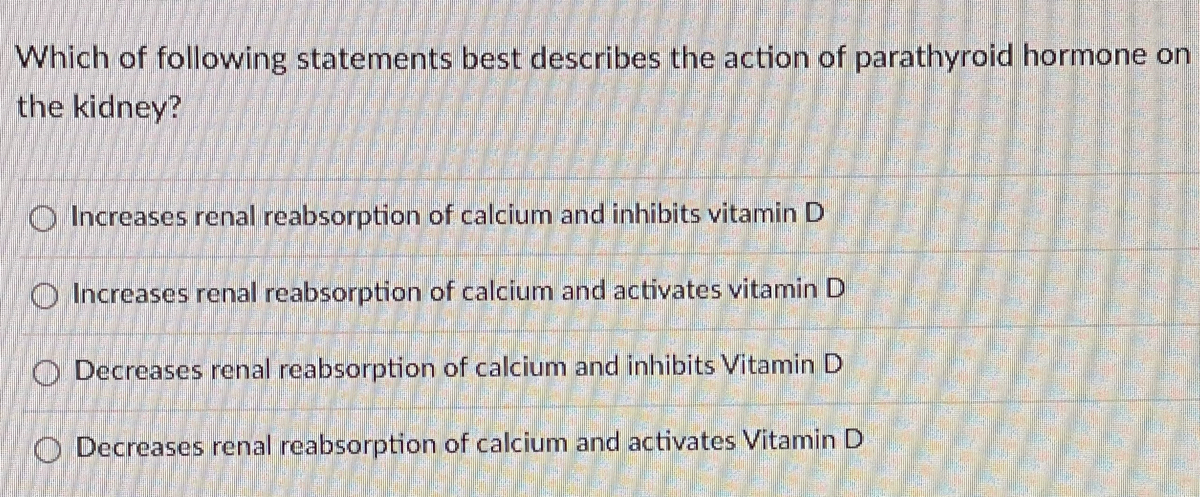
Answered Which Of Following Statements Best Bartleby

Hsa Practice Question The Kidneys Regulate The Levels Of Many Chemicals And Ions In The Body Which Term Best Describes This Process A Digestion B Ppt Download
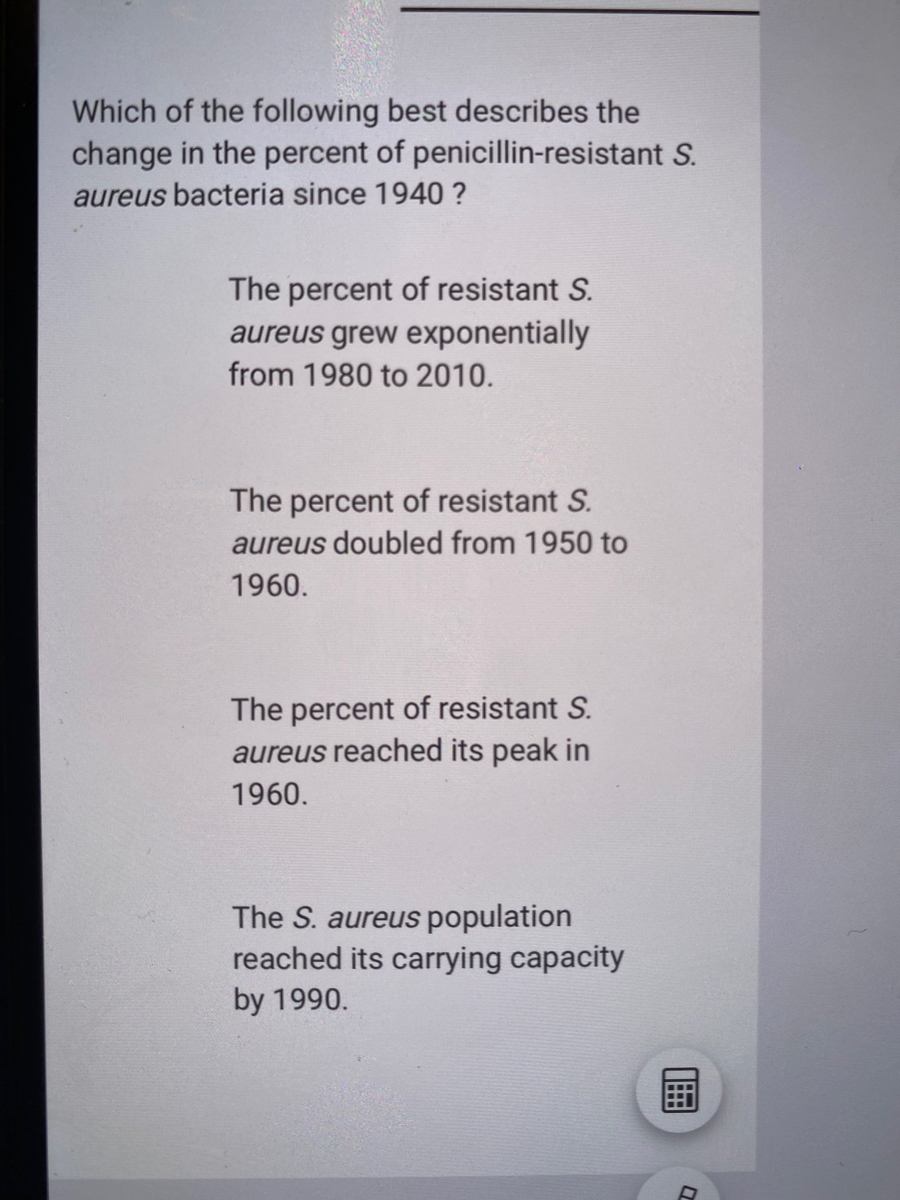
Answered Which Of The Following Best Describes Bartleby

Answered Which Of The Following Best Describes Bartleby

Review Slide Set Unit 1 Lesson 4 The Digestive And Excretory Systems Ppt Video Online Download
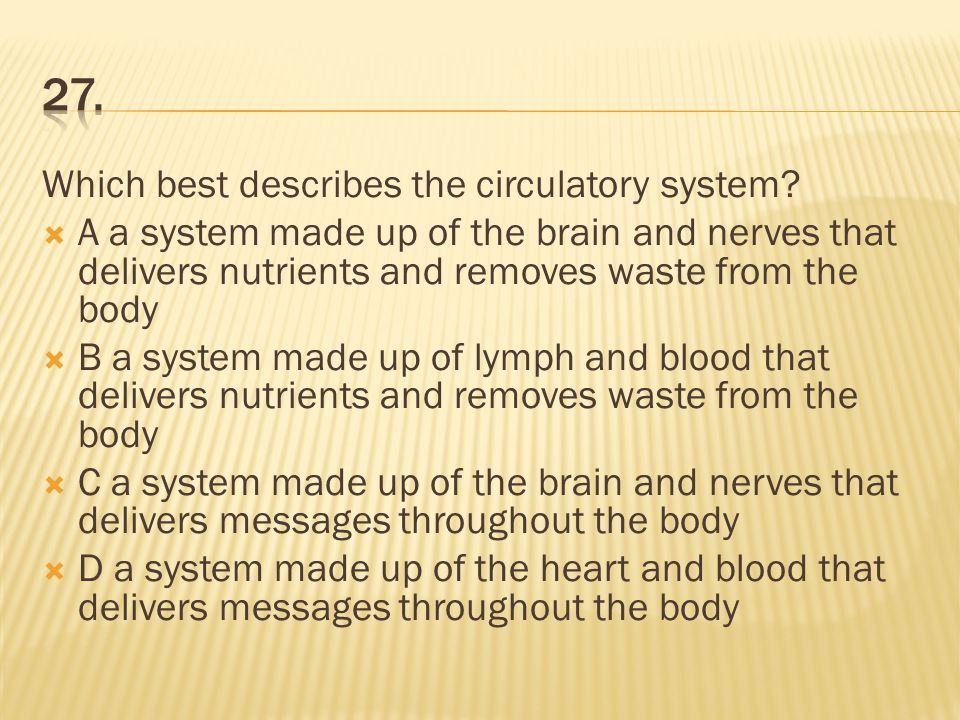
Body Systems Questions Ppt Download
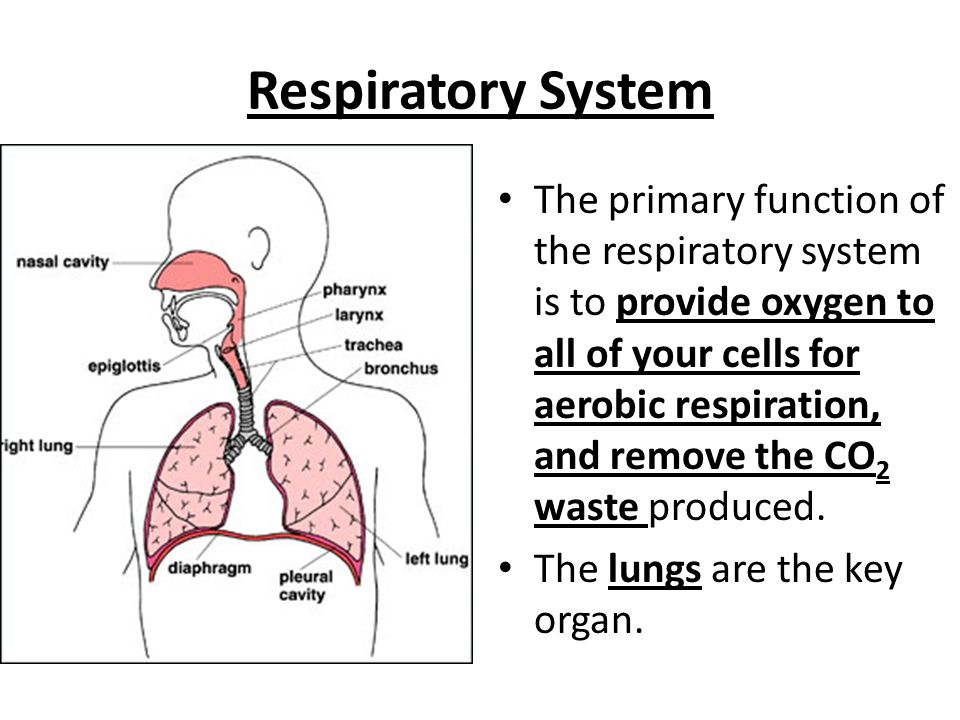
Hsa Practice Question The Kidneys Regulate The Levels Of Many Chemicals And Ions In The Body Which Term Best Describes This Process A Digestion B Ppt Download

Homeostasis Receptors By Dr Vani Gupta Ppt Video Online Download
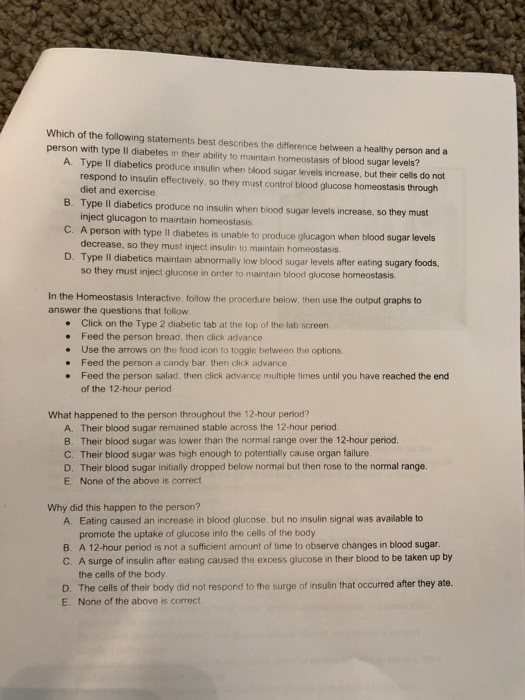
Which Of The Following Statements Best Describes Chegg Com
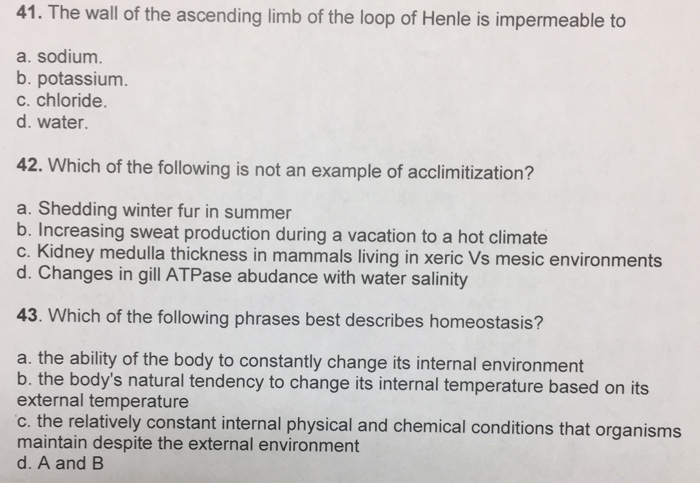
Solved Please Answer All Of The Following Questions Please Chegg Com

Pin By Browsegrades Net On Academics Chamberlain College Of Nursing Microbiology Good Grades

Anatomy Test Review 1 W Which Component Of Blood Is Directly Responsible For Transporting Oxygen To Body Cells A Plasma B Platelets C Red Blood Cells Ppt Download

Thyroid Hormone Synthesis Functions Levels Effects Diseases Importance Of T3 T4 Tsh In 2020

Comments
Post a Comment